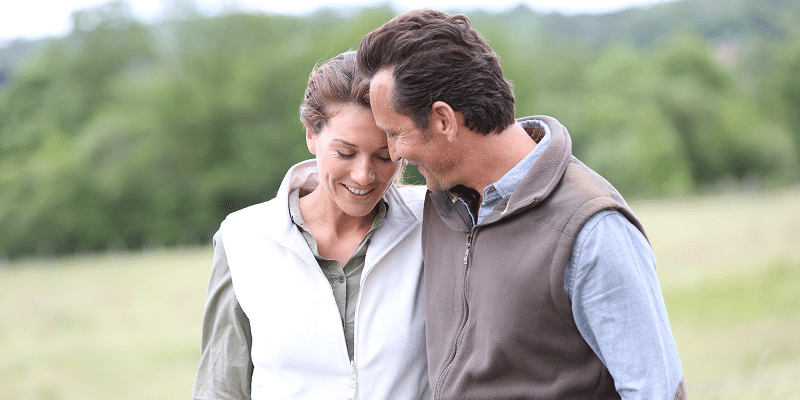In his book, Better, writer, surgeon, and researcher Dr. Atul Gwande asked, “What does it take to be good at something in which failure is so easy, so effortless?”
I hear this concern from many couples in medical relationships. When I ask physician couples what topics are most pressing and concerning to them, the overwhelming theme is what does it take to make a medical marriage work when the challenges are so prevalent?
The good news is that medical marriages can thrive and with the advances in the field of adult love relationships, we know how!
For years, science could not explain what created loving relationships. We could identify love in other people, but we didn’t really understand it. Clients would then come to marriage therapy asking for help and therapists would teach them skills – hoping to duplicate behaviors we had observed in loving couples.
Over the past two decades, advances in neuroscience and research in the field of marriage and family therapy have helped us gain a deeper understanding of the factors that contribute to secure and loving relationships. While love and relationships can still be complex and multi-faceted, researchers have identified some key elements that are important for creating and maintaining healthy, fulfilling relationships.
It’s C.A.R.E. that really matters.
Concern
Concern is about knowing that you matter to your partner, that he or she is concerned for you and your well-being. It is the conviction you carry in your heart—even in those times when your partner cannot be with you—that you matter most.
Concern also helps to foster trust and intimacy, as you feel that your partner is truly invested in your happiness and well-being. Feeling that you matter to your partner is important not just in the moments when you are together, but also when you are apart. Knowing that your partner is thinking of you and cares about your well-being can provide comfort and reassurance during times of stress or uncertainty. Ultimately, concern is about demonstrating a deep level of caring and respect for your partner.
Accessibility
Accessibility is about presence, both physically and emotionally. It means reaching for your partner and knowing that he or she will be there for you. Being accessible helps your partner feel seen, heard, and valued. When partners are not accessible to each other, it can lead to feelings of loneliness, frustration, and disconnection.
Responsiveness
Responsiveness and attunement – the ability to accurately recognize and respond to each other’s emotional needs – are critical for creating a secure and loving bond between partners. Emotional responsiveness is trusting that when you reach for your partner, he or she will respond to you in a safe and connecting way. Building emotional intelligence and communication skills can help couples develop this level of attunement and responsiveness, which in turn can deepen the emotional safety, connection and intimacy in the relationship.
Engagement
Engagement is the level at which you are willing to participate in the relationship and share your lives with each other. It is a felt sense of closeness and connection, shared meaning, mutual respect, and a willingness to work through conflicts and challenges together. When partners can be vulnerable and share their true selves with each other, they build trust and deepen emotional connection.
Happy, secure relationships are built on a sure foundation that you matter to your partner, that he or she will show up and engage with you, and that you can count on your partner to be there when needed. This felt sense of security, not just your communication or relational bargaining skills, defines your relationship’s health and fulfillment.
By combining the latest insights from neuroscience and research with proven therapeutic techniques, therapists can provide couples with the tools and support they need to create the strong and loving relationships they desire.
*Take the C.A.R.E. assessment on the side of the page to find out how you and your partner are doing in these areas.
*This week, pay more attention to the C.A.R.E. you show your partner. Make note of the subtle, or not so subtle, changes it brings to your relationship.
Related Article: Is Your Unhappy Relationship Slowly Killing You?
Related Article: Keeping Love Alive
Related Article: Are You Too Busy for Your Marriage?






